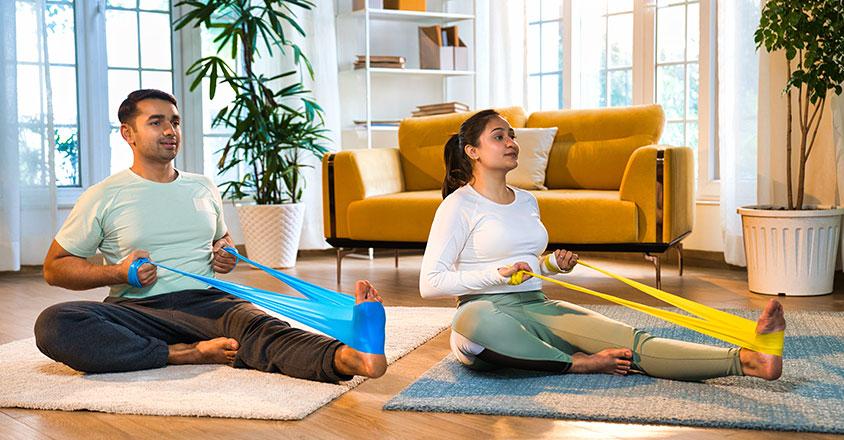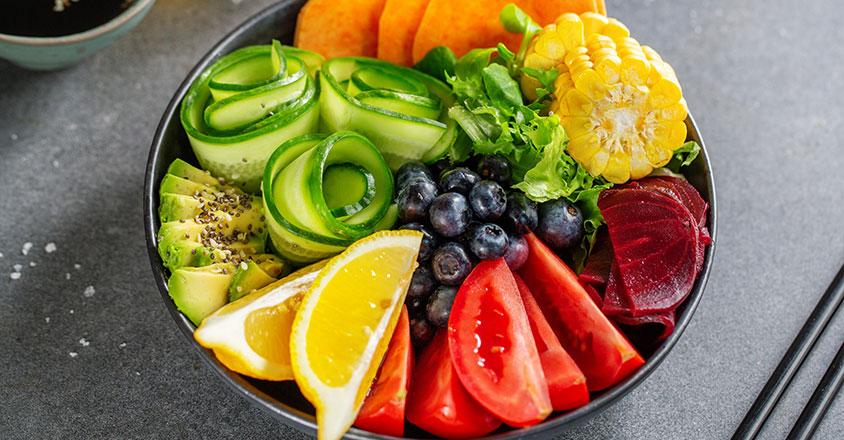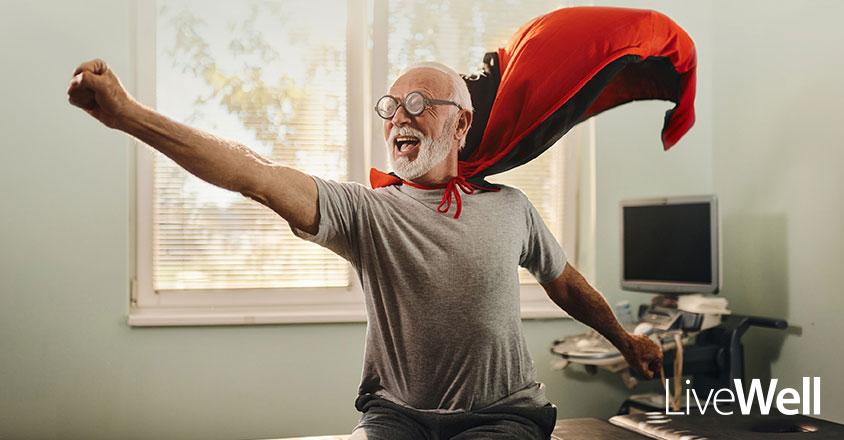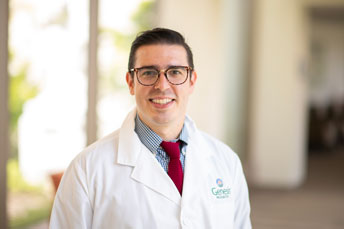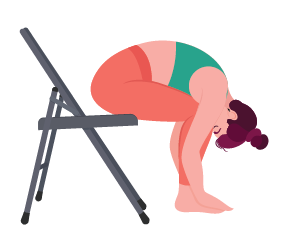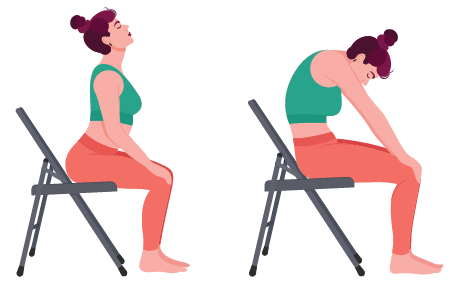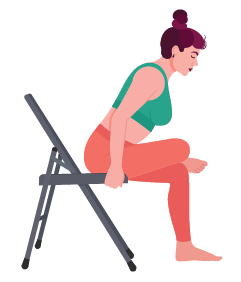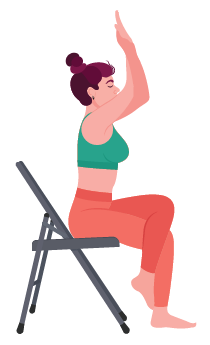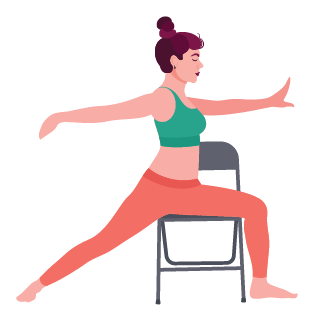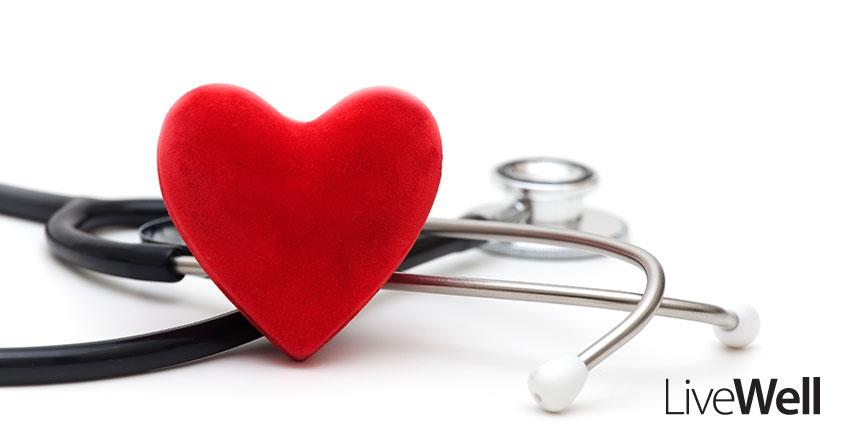Managing stress: Small changes that make a big difference
Ugh, stress. It is a natural reaction to challenges, but chronic stress, according to Florida State University, can harm your physical and mental health. How can you manage stress? Try this:
1. Spot the signs early
Monitor mental cues such as worrying, irritability and trouble focusing. Then monitor physical cues such as headaches, muscle tension and stomach issues. Awareness lets you catch stress and throw it in the garbage, yes, garbage, before it escalates.
2. Plan effectively
Use time‑management tools like prioritizing tasks, breaking goals into baby steps and setting realistic schedules to help you feel good about yourself and what you are doing. Planning provides a sense of control and reduces the chances of becoming overwhelmed.
3. Breathe and relax
Deep breathing, meditation, progressive muscle relaxation and guided imagery are simple and powerful tools to help calm your mind and body, states Health.gov. Stress results in muscle tension, which leads to headaches. Who wants that? So, take the time to breathe and take a hot shower to clear your head. Then, put on your favorite show, eat some good food and invite a friend over.
4. Stay active
Get at least 150 minutes of aerobic exercise per week. This can be done through walking, biking or yoga to boost endorphins, improve mood and lower tension. Health.gov states that strength exercise such as push-ups and lifting weights two days a week helps reduce stress. You can even start flexing in the mirror to see your progress.
5. Prioritize sleep & nutrition
Adults need 7–9 hours of sleep each night, while eating right to reduce stress. Health.gov states you should eat balanced meals while consuming fruits, grains and lean proteins while watching caffeine intake, alcohol, tobacco and drugs, which can worsen stress.
6. Build support and perspective
Everyone experiences stress, and it is a normal part of life. Talk with close friends, family or professionals if you need more help on how to manage stress. You got this.
Ready to get healthy?
Sign up for our digital newsletters to receive health tips, recipes, success stories for inspiration and information about new doctors to help you on your journey to better health.
Genesis HealthCare System’s Health and Wellness content conveniently provides accurate and helpful information. Your health history and current health may impact suggestions provided through our Health and Wellness content. Although we hope this information is helpful, it is not a substitute for your doctor's medical advice. Before making any significant changes, please consult your doctor.

Stress is a normal part of life, but when it lingers, it can take a real toll on your mental and physical health. Learn six simple, science-backed ways to recognize stress early and manage it before it takes over.
